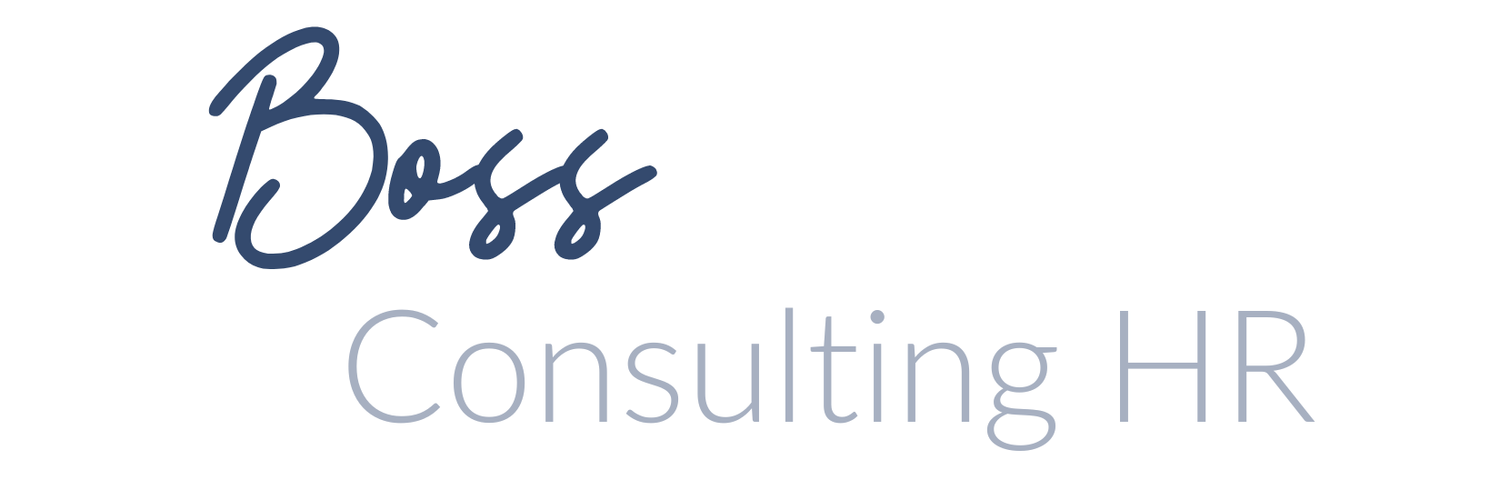Layoff vs. Furlough
My days have been spent helping clients navigate the current economic landscape in the most business-savvy and humane manner. They’re torn with keeping people working and keeping their doors open and the business afloat. Many business owners immediately think that layoffs are the appropriate response when business slows down but furloughs are an alternative that can provide more benefits to the employee and the employer.
A Lay Off
A lay off is a clean and true separation of employment. When you lay someone off from their position, you would need to follow all the steps that you would follow for any other voluntary or involuntary separation. This means that if you pay out accrued time upon termination, that you pay out any accrued time the employee may have.
In addition, whatever policies that you have regarding breaks in service would apply in the event you rehired that employee. A lay off also initiates a COBRA event which may cause you to terminate an employee's medical insurance.
The positives of a layoff are that an employee can file for unemployment and hopefully, the state system approves their claim.
A lot of employers hope that they’ll be able to rehire the employees who are laid off once business increases but once an employee is laid off, they in theory are free agents and are free to search for and secure other employment. You run the risk of losing a really good employee when you execute a layoff.
Furlough
In the eyes of unemployment, a furlough is viewed the same as a layoff and your employees are free to file a claim with your state unemployment agency. The major difference between a lay off and a furlough is that a furlough maintains the employer and employee relationship. A furlough is defined as a temporary, required leave of absence. Most furloughs are unpaid and employers can prohibit their employees from using any accrued time. This helps protect funds especially if an employer cannot afford to pay their employees.
In many cases of a furlough, employers try to maintain employee insurance benefits and can avoid a COBRA event because the employee is technically still employed. In these cases, an employer will just adust the premiums once the employee returns to work or even wait for the employee's share of premiums altogether.
The psychological benefit of a furlough is that the loyalty between an employer and an employee is maintained. Yes, “at-will” employment means that your employee could find another job when they are furloughed but the messaging can feel significantly different than a layoff.
What ways are you seeing employer adjust their staffing levels during this pandemic?
